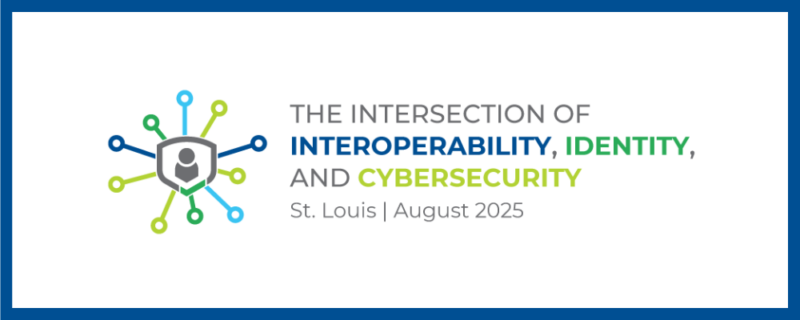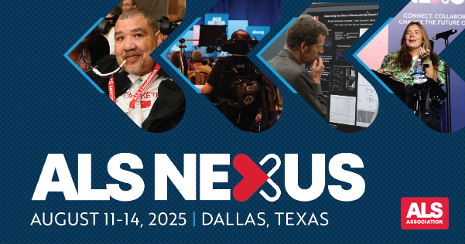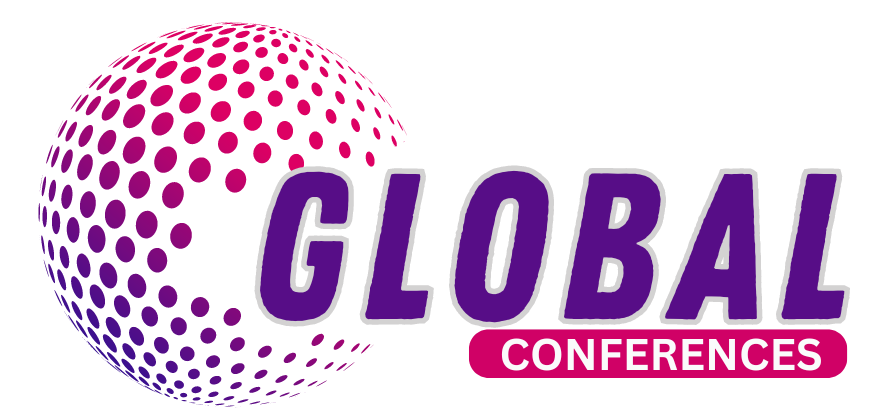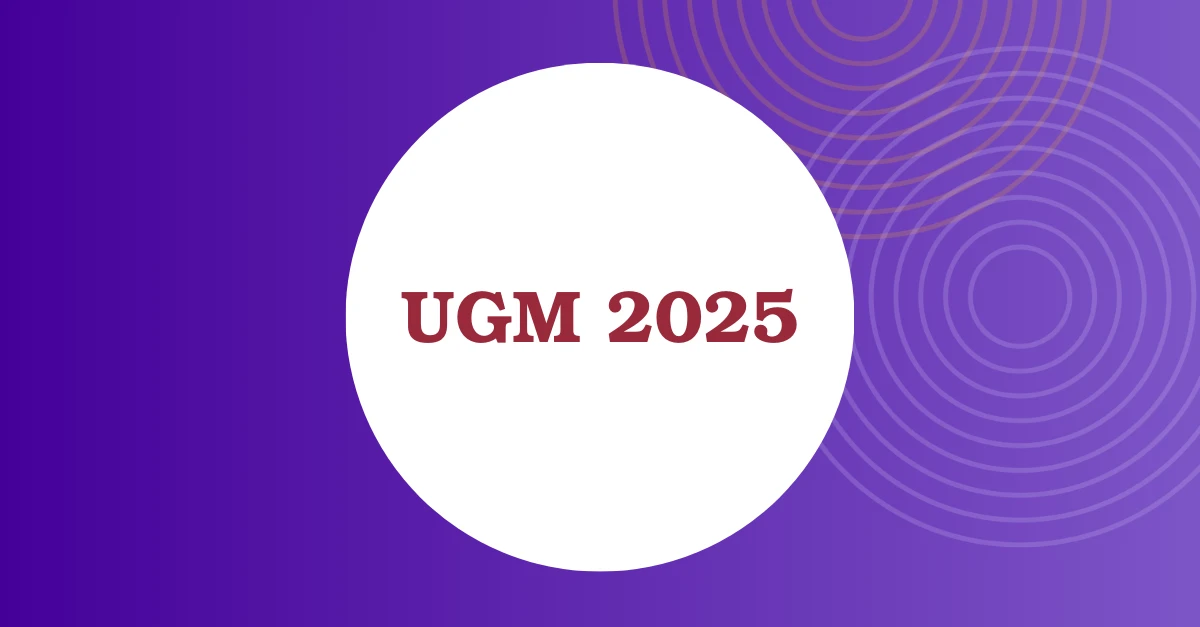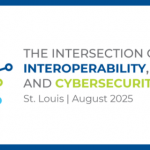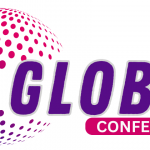Stanford Medicine researchers have found that employing large language models can aid in crafting replies to patient portal messages, lessening the burden on healthcare providers and addressing burnout concerns.
Before being dispatched to patients, the AI-generated drafts undergo scrutiny and editing by clinicians. They prove helpful in handling clinical inquiries, such as managing symptoms of common illnesses or medication side effects. A study assessing these AI-generated responses revealed that clinicians experienced reduced administrative burdens and reported lower levels of burnout.
The introduction of the GPT large language model in late 2022 generated excitement within the medical community regarding its potential applications. Patricia Garcia, MD, Associate Chief Medical Information Officer at Stanford Health Care, highlighted its versatility in generating language content for various tasks, including composing messages, summaries, and clinical notes.
Michael Pfeffer, MD, Chief Information Officer at Stanford Health Care, stressed the advantages of integrating generative AI into healthcare workflows, anticipating a decrease in cognitive burden for clinicians and enhancements in AI capabilities.
The study’s results were published in JAMA Network Open on March 20, led by Garcia and Stephen Ma, MD, PhD, with backing from Stanford’s Department of Medicine and Technology and Digital Solutions team. Christopher Sharp, MD, Chief Medical Information Officer at Stanford Medicine, underscored the necessity of rigorously evaluating AI’s real-world safety and effectiveness.
Stanford Medicine has been integrating various AI tools into healthcare, giving precedence to patient safety and privacy under the RAISE Health initiative.
Garcia and her team assessed responses generated by the large language model, which seamlessly integrated into electronic health records and complied with privacy regulations. Clinicians could effortlessly review, amend, and dispatch final responses to patients, thereby streamlining workflow efficiency. The study, conducted over five weeks in July and August 2023, engaged 162 primary care and gastroenterology clinicians.














